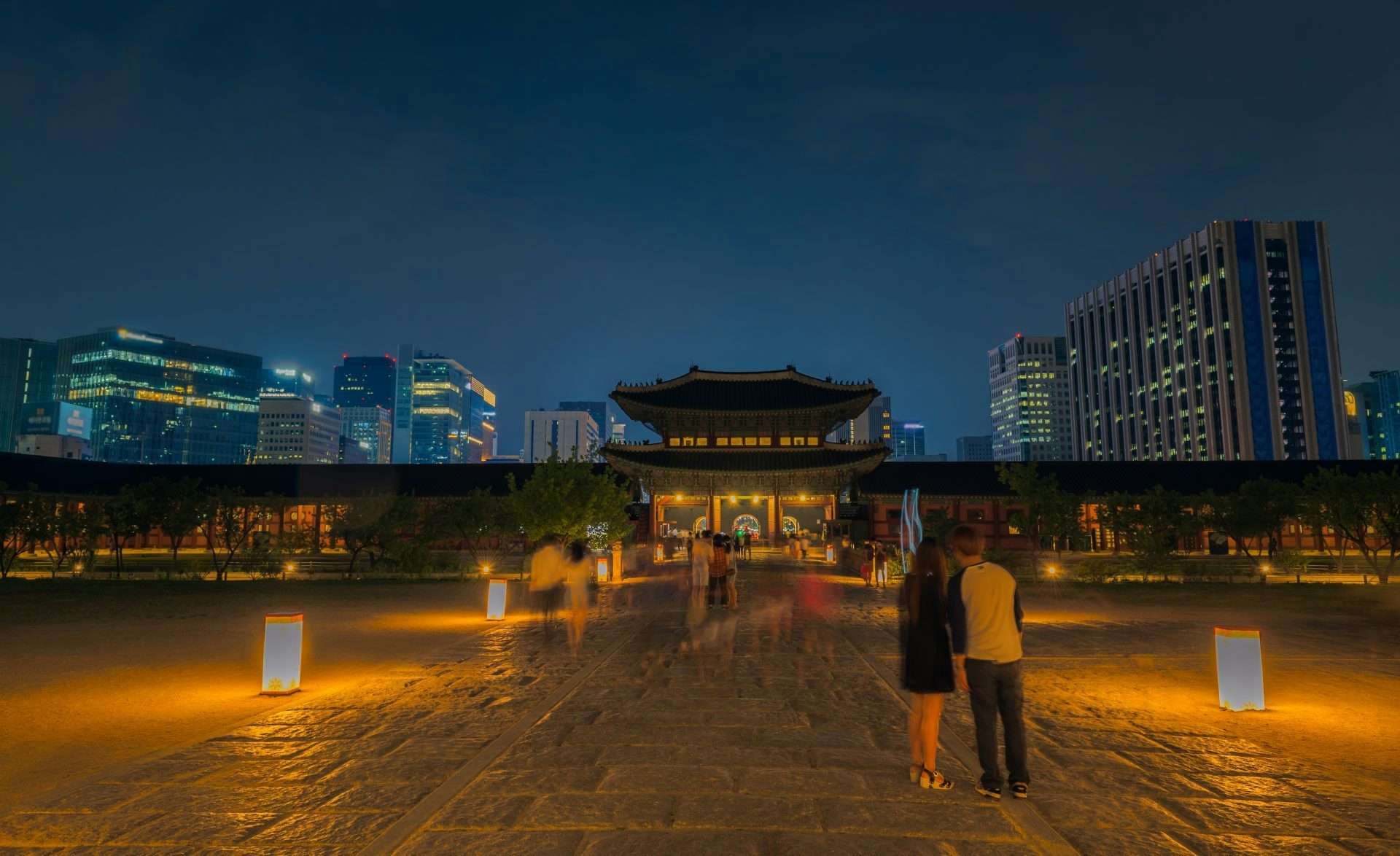Although much of the noise surrounding the THAAD diplomatic dispute between the US and South Korea and China has subsided, Korean luxury duty-free shops are still feeling the strain of the row in a big way. Overall, South Korean duty-free shops are estimated to have lost approximately US528 million (600 billion won) since the controversy started.
The duty-free retailer, Lotte, has suffered particularly badly. 87 of its 112 outlets in China have been shuttered. Overall the closures cost Lotte US350 million (400 billion won). Moreover, Lotte’s total revenue from Chinese customers has dropped a staggering US310 million (350 billion won) or 35 percent between mid-March and June. Lotte transferred ownership of one of its golf courses to the South Korean government to serve as the site for the THAAD missile defense system. As a result, it has born the brunt of the Chinese backlash.
Hanwha Galleria, another Korean duty-free firm, has also suffered, and was forced to close its outlet at Jeju International Airport. Prior to the THAAD row, Jeju Island was one of the most popular destinations for Chinese tourists due to lax visa requirements. Overall Hanwha Galleria’s sales dropped by over 30 percent in the same period.
Donghwa Duty Free has also faced increased financial strain. Dongwha opened downtown Seoul's first duty-free shop in 1973, but it may be closing soon. A 12.58 percent drop in sales earlier this year, due largely to the THAAD row, has exacerbated the company's serious financial woes.
While there has been a slight recovery in sales and tourism from China since the diplomatic incident began, the overall industry is still struggling. According to statistics released by the Korea Tourism Organization, a total of 841,952 Chinese tourists traveled to South Korea between March and May this year. This represents a drop of approximately 58 percent or 1.14 million visitors as compared to the same period last year.
The Korean tourism industry is heavily dependent on Chinese visitors. Even with the huge drop in tourism from China, Chinese visitors still make up the largest portion of international travelers to South Korea. Between March and May, Chinese tourists made up 25.6 percent of total visitors. If the drop in Chinese tourism to Korea is sustained, many tourist firms in South Korea may be forced to close.
The THAAD missile system was deployed in March. Both the US and South Korea maintain that the defense system was deployed to defend South Korea from potential missile attacks from North Korea. However, the Chinese government has argued that it compromises Chinese national defense.
In retaliation to the deployment, Chinese state media has attacked both the South Korean government and Lotte. The China National Tourism Administration also banned all Chinese travel agencies from selling travel packages to South Korea on March 2nd.
Given the recent uptick in controversy over North Korea’s nuclear program and the development of its nuclear capabilities, it seems unlikely that South Korea will remove the THAAD system or cease to seek more advanced means to defend themselves from potential North Korean aggression. North Korea recently announced that it now possesses an ICBM capable of striking Alaska, which ensures continued US interest in shoring up one of its key, East Asian allies.


